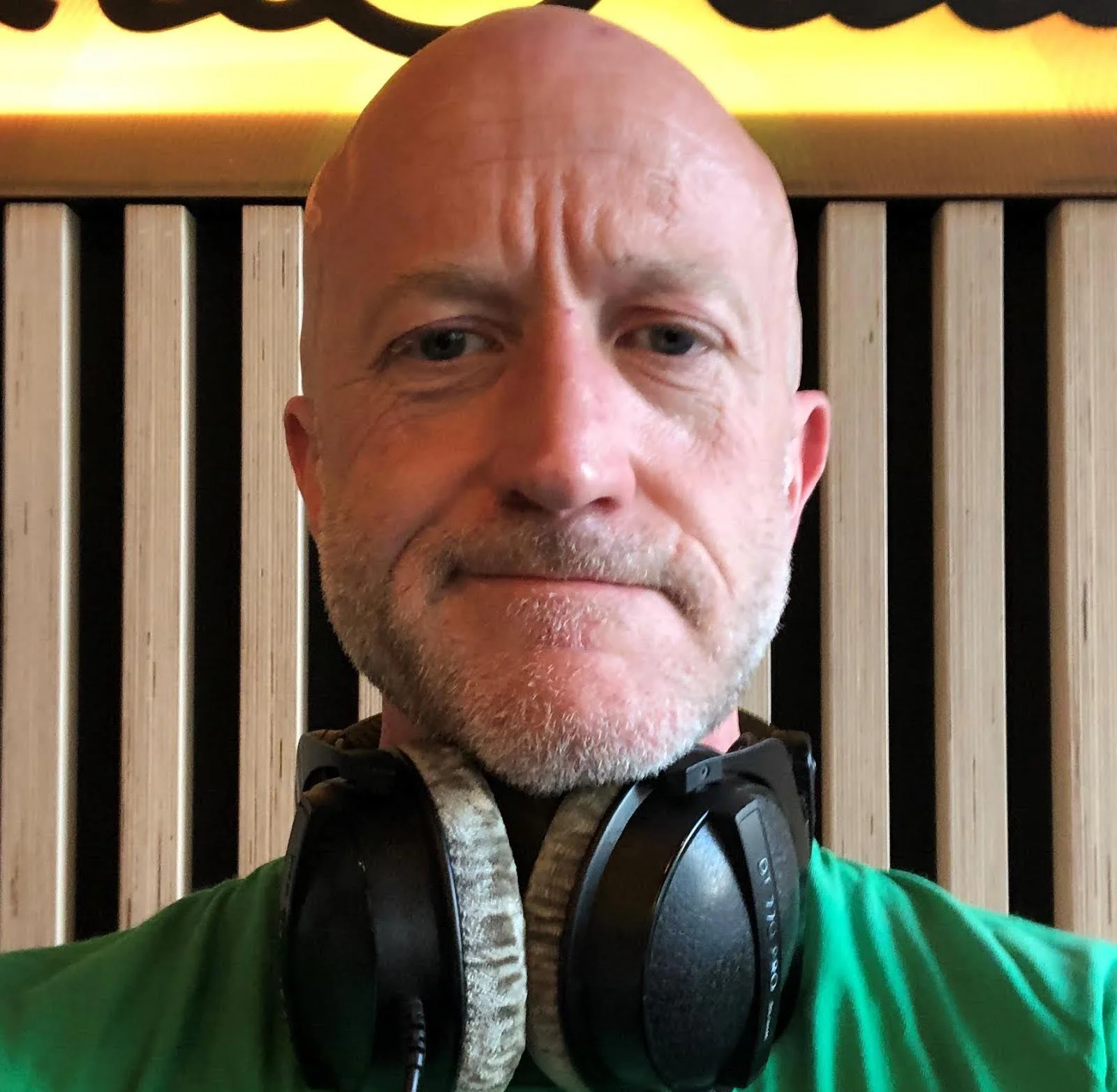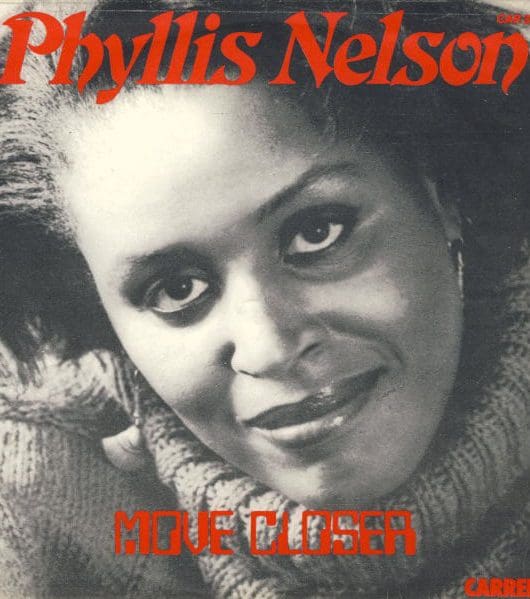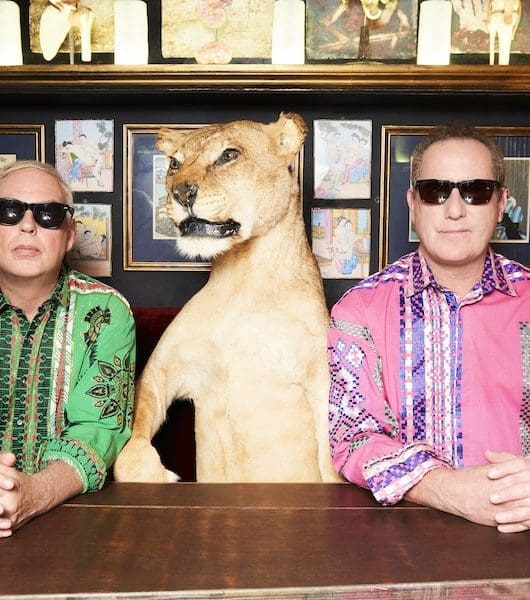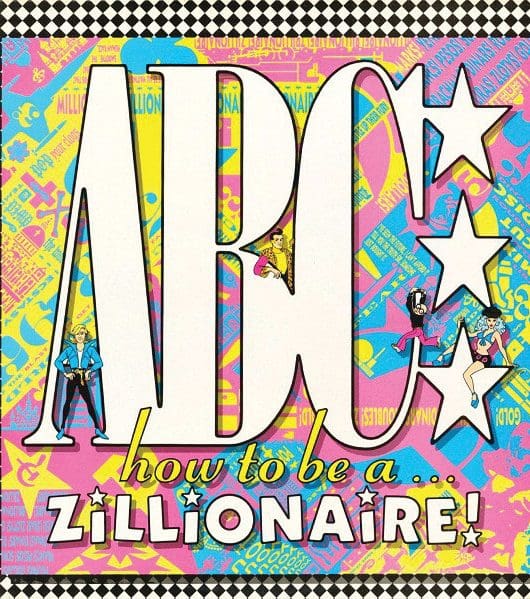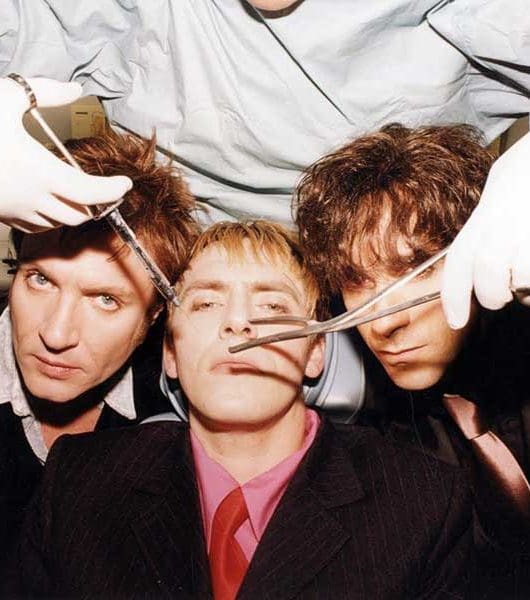Trevor Horn interview: Dire Straits Legacy
By Ian Wade | February 21, 2022

In this Trevor Horn interview, the iconic producer tells us about how he’s keeping his bass-playing chops in shape as as a member of Dire Straits Legacy…
As the man boasting an impressive CV of hits with the likes of ABC, Frankie Goes To Hollywood, Rod Stewart, Seal, Pet Shop Boys, Propaganda and Belle & Sebastian to name just a handful, Trevor Horn is one of the most acclaimed and hugely influential producers in the history of pop.
In recent years, though, he’s been stepping out from behind the mixing desk to perform with his Trevor Horn Band and also hooked up with Dire Straits Legacy. Further shows with DSL are planned throughout 2022. We caught up with Trevor to find out what he’s playing at…
How did you get involved with Dire Straits Legacy?
Simply because one of the main guitar players in it is Phil Palmer, and Phil plays on my records quite a lot. A few years back, he said to me, “We don’t have a bass player for the next tour. I don’t suppose you fancy doing it?” And, you know, I guess I was looking for something. I was doing a bass course at the time at the Berklee College Of Music.
The problem is when you’re a producer and then you have a band, like I have a band, you don’t get to play a lot. So I was trying to keep my bass playing in shape. When I asked Phil, “Who’s on the drums?” he said, “Steve Ferrone” – Steve’s one of my favourite drummers so I immediately knew with him onboard that it would be really good. That’s what got me into it. I’m just doing it for the playing, you know, not for anything else.
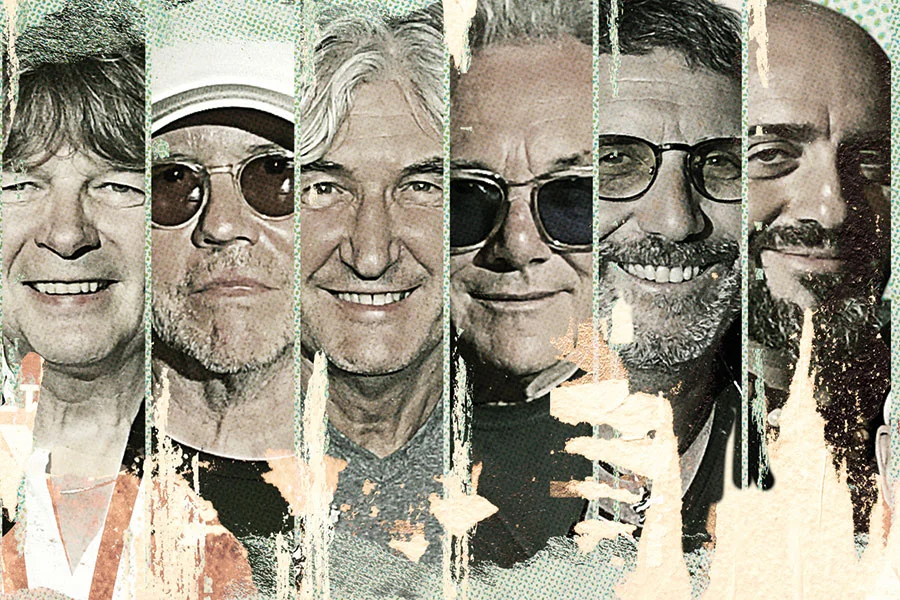
We thought this was a new thing, but you’ve now been appearing with Dire Straits Legacy since 2018…
I’ve done two tours of Brazil, two of Italy… lots of them. Normally, you know, for the past couple of years I’ve kept a low profile. They obviously dragged me in to do this because of this date in England in January. I was trying to keep it sort of quiet and not make a big deal of it.
Were you a fan of Dire Straits back in the day?
No! [laughs] I wasn’t actually because I never really listened to them in the 80s. I mean, when I say I never really listened to them, I thought the singles were good because I tend to, with most people, only ever listen to their singles. Then at some point in the 90s, a friend played me Telegraph Road. I remember being quite impressed with that.
I have to say that since I’ve had to learn two hours of Mark Knopfler’s music, I’ve got nothing but respect for him. It’s brilliant. It sounds like a funny thing to say, but I didn’t realise just how good he was. He’s a superb lyricist. Because he was a journalist and he’s got a really clever way – which I’ve found quite instructive – of taking rock’n’roll clichés and turning them into something fresh.
Having to internalise two hours of music, it’s quite a fascinating thing but I’ve really been enjoying it. The other thing about playing in the band is we’re an eight-piece, and those songs, they are remarkable! Having that sort of level of musicianship around you is really exciting – there’s no backing tapes, so it’s all live playing. It’s very different to anything I’ve ever played before as a bassist because some of the tracks speed up or slow down, and, well, they do all kinds of things…
That’s the thing, a lot of the early Dire Straits stuff has fantastic atmosphere, and seemed unlike a lot of music in the charts at the time – songs such as Private Investigations… Something like Down To The Waterline is a lovely lyric, you know, and Tunnel Of Love, they’re really quite brilliant.
I guess you’ve been more used to programming than bass playing over the years?
No, not so much used to programming, but when I was a bass player I could sight-read the bass, and so a lot of what I did was just sight-reading. There’s no reading with this – I had to learn it. Mark Knopfler is really clever because he’s always shifting things musically. It’s not the kind of material you can busk along to because it will throw you off. It’s like jumping on a horse; before you get your seat, you’ll be thrown off.
Does the Dire Straits Legacy project have Mark Knopfler’s blessing?
I don’t know, I haven’t asked him. I can’t think he’d be too angry about it because it’s his music. He doesn’t play this stuff anymore – he plays the odd tune. This is much more like a Dire Straits show from like, 1988 or 1990.
Is this you advertising your availability for any other acts?
There’s not many acts I’d be prepared to have to put up with being on the road with. I mean, when you’re over 70, being on the road is no joke. Maybe if Bruce Springsteen said, “Join my band” I might consider it. But I honestly can’t imagine myself doing anything else like this. It’s only because, in a way, the music is so good, and the musicians are just so good. I wouldn’t want to be in a band where I was the best player. In a way it’s better to be in a band where you’re the worst player, and then you’ve got to improve.
You’ve got some interesting places on the tour schedule – Brazil, for example. Are there lots in the diary or are you still playing it by ear at the moment?
I think everyone’s a little bit afraid, because you can book a whole tour and then it can be costly because one person gets COVID. But we are talking about going to Russia next year for two dates, so we’ll see.
Obviously with the pandemic, everything got cancelled and you had some shows planned with
your own band. Have you been keeping yourself busy with any other projects?
Yeah, I have actually. I’ve been doing an album for Deutsche Grammophon of new versions of old songs again, that will probably come out next year. But this time, it’s much more stripped back, not with a big orchestra. That’s a different kind of challenge.
With my band we were meant to do all sorts of shows. We were booked to headline a few places – Cropredy and Durham Miners’ Gala – and everything got cancelled apart from two Rewind festivals we played at. It’s not been easy, but I’m hoping all this will clear away.
I’ve also made a film that the BBC was going to show, but instead, they decided to save money and just put a load of clips together. So maybe I’ll get that shown somewhere, you know? It’s a difficult time at the moment, with live music. It just is. I hope it clears up over the next year.
Are you currently working with any other artists or do you have new projects on the go at the moment?
I’m just in the process of changing my management, so I don’t really. I’m sort of keeping my cards close to my chest for the next few weeks.
Gotcha. I believe you’ve also been hosting masterclasses?
Yes, I don’t know what a masterclass is, what do you expect? Okay, this is me asking you a question. What do you expect when you go to a masterclass?
I guess people want some of your wisdom, expertise… a few stories?
What I actually plan to do is talk about two records 20 years apart, and use them to illustrate how being a record producer has changed dramatically over that period. A lot of things change over the course of 20 years, I suppose you could say the same thing about insurance or banking. Except they’re not as interesting.
Talking of records made 20 years apart, it must be quite interesting to be having anniversaries of material you’ve worked on seemingly coming around every few weeks.
Yeah, it’s not bad. It is a bit like looking at the past all the time, which can sometimes lead to you getting a bit tired of yourself. But, yeah, why not? Yeah, you’re right. It’ll be 30… 40 years with ABC?
The Lexicon Of Love is 40 in 2022…
I noticed that in the back of the papers that they’re still playing it, but it’s great writing you know? The more you look at the lyrics, the better they are, they’re like Joni Mitchell lyrics, if you think about it. I love Nile Rodgers’ record production but wouldn’t think that Chic had a classic lyric. Somehow ABC managed to put really great lyrics over dance tunes. A lot of that was down to my late wife Jill [Sinclair] who said, “This is the band for you to produce. I’m convinced that you’re perfect for them.” And she was right.
Relax is 40 in a couple of years. There was a great quote from Nasher back then saying that
“we’ll still be on jukeboxes in 50 years time”. It’s certainly getting there.
It’s still around! Well, the thing about Relax is that it was the first record of its kind in a way. I’d never heard a record like Relax before Relax. I’ve heard quite a few like it since, but the first time I heard it, it was like a lo-fi garage-y kind of record – for me it was lo-fi anyway. But, my, you make me feel old. Thirty-eight years. Jesus! I didn’t realise it was that long ago!
Find out more about Dire Straits Legacy here
Read more: Making ABC’s The Lexicon Of Love
